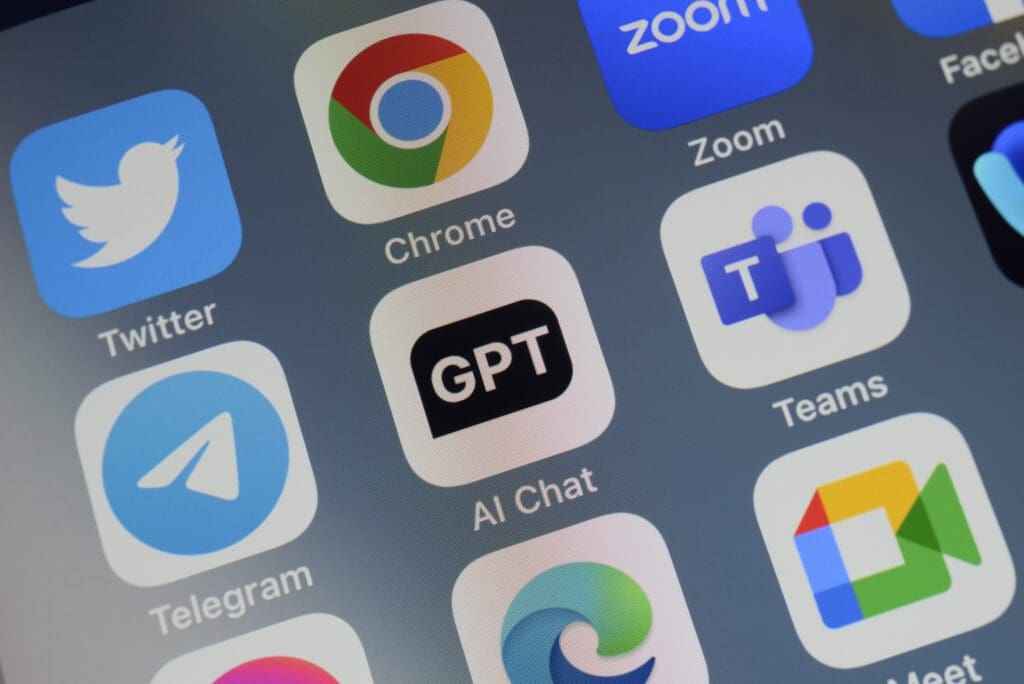Seventeen years ago, C&E published a magazine cover story with the ominous headline: “Artificial Intelligence Could Alter Campaigning As We Know It.” The piece focused on how pollsters will be better able to measure sentiment, and the lack of a natural language processing model and seven-figure costs were holding back a transformative change to the way campaigns are conducted.
From the perspective of 2023, it was wildly inaccurate. (Full disclosure, at the time I was the publisher.)
Deep fakes weren’t on anyone’s radar then. Absolutely nobody foresaw how AI could facilitate the mass production of facts and images that consultants could deliver to targeted audiences. Stephen Colbert had just coined “truthiness” — where if it’s believable, it’s true.
Here we are nearly two decades later, and now we know: AI is really good at making any information look true. Not only that, but costs are now zero and the only way you know a natural language processor didn’t write this is because, well, I said so.
And yet despite all that, AI hasn’t taken over campaigns. There will be no tidy, overnight AI Revolution in politics and public affairs. If that wasn’t enough of a let down, let me remind you that there are no flying cars or colonies on Mars either. What a disappointment.
In fact, AI is a long way from replacing general consultants. Instead, it’s creeping in to fill inefficiencies in creative production and copy writing. I have no doubt that it will pervade every aspect of the political consulting space, but remain in the supporting cast. Think of this like your first microwave and not like Rosie from the Jetsons.
The 1990s version of this was bringing in a Pitney Bowes postage machine into a campaign office so volunteers would not have to lick thousands of stamps. The 2023 version of this is Quiller, and plenty others.
The common threads where AI has gone – leveraging natural language processing to flood the zone with fake and real facts and imagery, and efficiently generating written content – are both niche uses. Deep Fakes are an insidious sideshow, but don’t define AI. So, what is next?
Computing power is predicted to exceed human computing power sometime around 2030. But it’s really anyone’s guess. I call bullshit on “experts” claiming to know what the singularity looks like, or what the next decade of AI in politics and public affairs could be.
Consider this: The McKinsey Global Institute stated recently that AI automation could take over tasks accounting for 29.5 percent of hours worked. I think that is less so for politics and public affairs. The more realistic play for anyone in our business is to master the tools we have in hand today, rather than plan for staff cuts necessitated by AI tools.
In that 2006 article, we asked whether AI would replace the general consultant, like the supercomputer WOPR in the 1983 film War Games replaced generals in waging nuclear war. The concept is as fantastical today as it was 40 years ago.
War, like campaigning for public office, is an art. Computers will not be launching bombs or campaigns until the singularity arrives as late as 2030. If AI makes you nervous now, just wait until quantum computers give ChatGPT one million times more computing power than today. But that still doesn’t change the fact that politics and public affairs is an art not a science.
The only person to get this right in that 2006 article was MysteryPollster’s Mark Blumenthal, who said that building an AI model for a campaign isn’t realistic: “Political strategy is an art. I can’t imagine, given our current knowledge of computers, how you could build an AI engine that could take it all in.”
Investors have asked me the same question for twenty years and I have given the same answer.
The AI Revolution predicted in this publication some two decades ago is canceled. Political and public affairs practitioners have replaced it with little conveniences creeping into our business routines. For example, replacing stock images with Dall-E. Replacing well-paid fundraising and search content writers with ChatGPT. Replacing volunteer phone banks with a chatbot in the candidate’s simulated voice. Flagging potential voter fraud by examining turnout data. Optimizing for better performing digital ads. Generating insights on massive data sets.
AI does all of that in the background every day. But replacing the general consultant? Nope.
Jordan Lieberman is the CEO of Powers Interactive, a programmatic media company.

